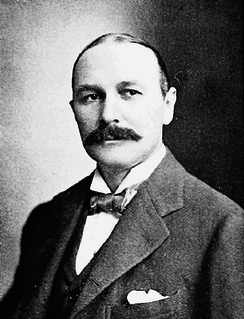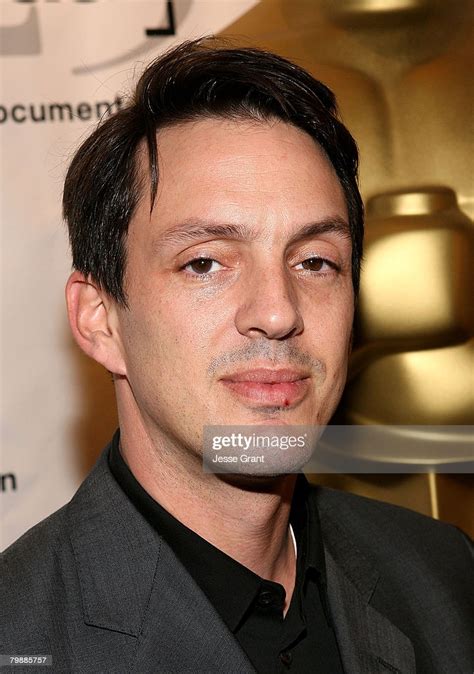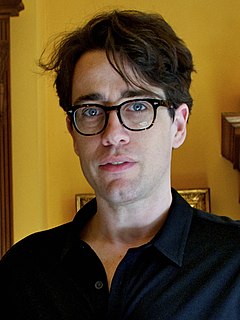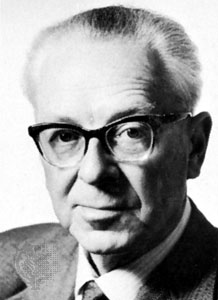A Quote by Michel Foucault
In its function, the power to punish is not essentially different from that of curing or educating.
Related Quotes
What AI could do is essentially be a power tool that magnifies human intelligence and gives us the ability to move our civilization forward. It might be curing disease, it might be eliminating poverty. Certainly it should include preventing environmental catastrophe. If AI could be instrumental to all those things, then I would feel it was worthwhile.
For centuries it was never discovered that education was a function of the State, and the State never attempted to educate. But when modern absolutism arose, it laid claim to everything on behalf of the sovereign power....When the revolutionary theory of government began to prevail, and Church and State found that they were educating for opposite ends and in a contradictory spirit, it became necessary to remove children entirely from the influence of religion.
We have different expectations for different groups of people. We tend to modulate the degree with which we're forgiving or punitive depending on how well we know folks, or how much we consider them peers, or how much social capital we've invested in them. That has to do with race, class, gender, and socioeconomic status. We have a tendency to bend over backwards to forgive folks we think of as part of "the us." The question of who we define as "the us" is a lot of what constitutes how we punish who we punish.
... we are obliged to produce the truth by the power that demands truth and needs it in order to function: we are constrained, we are condemned to admit the truth or to discover it. Power constantly asks questions and questions us; it constantly investigates and records; it institutionalizes the search for the truth, professionalizes it, and rewards it. ... In a different sense, we are also subject to the truth in the sense that truth lays down the law: it is the discourse of truth that decides, at least in part; it conveys and propels effects of power.
It is a function of creative men to perceive the relations between thoughts, or things, or forms of expression that may seem utterly different, and to be able to combine them into some new form. Britten's Nocturne, for example, which unifies musically a group of poems by different hands, is a notable example of his power to connect the seemingly unconnected.







































